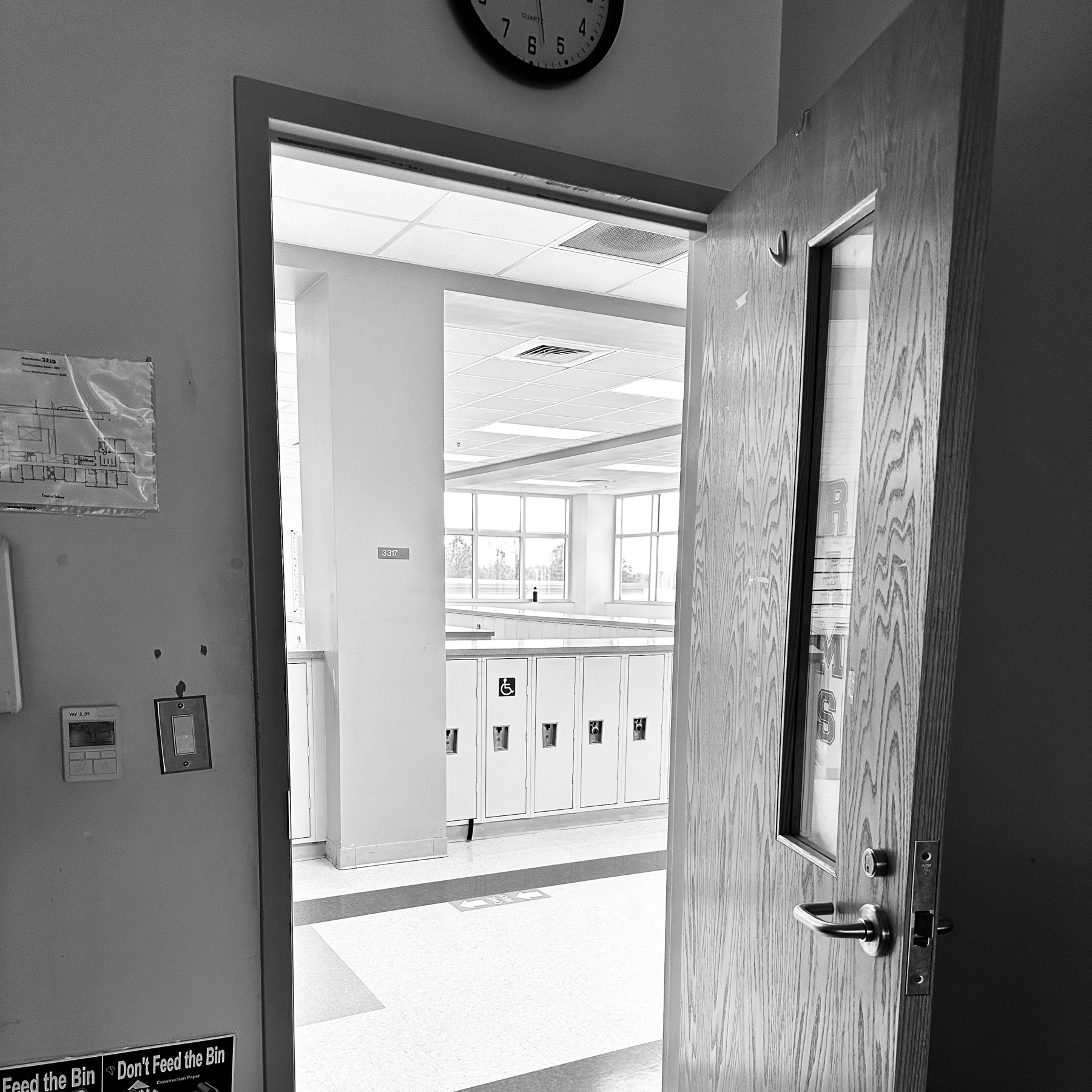Great Resignation, Great Recession, or Great Depression?
We’ve all heard about “The Great Resignation” when large numbers of employees quit their jobs at the tail-end of the COVID-19 lockdown after experiencing the benefits of working from home. We have seen the impact of the economy on individual workers as a shortage of potential workers has led to one of the lowest unemployment rates in recent memory. Normally, we would expect this trend to result in higher salaries—especially in skilled areas where the talent pool is limited to start with.
And that has been the case in most areas of the economy. I’ve experienced it myself in my second job working for a major tech company. My hourly wage has risen by more than 20% in the past year. But as public employees, teachers don’t get to benefit from this shift. State and local governments seem to be immune (blind?) to the economic forces that push wages up.
Add into this powder keg the increasing pressure of inflation on the cost of daily expenses. Like everyone else, teachers need to buy milk and gas, and pay mortgages, and buy Christmas presents—all while credit card interest rates are soaring.
Economists warn of the possibility of a recession that might stall economic growth. They fear that runaway prices might make life more difficult for everyone. Most white collar workers get to benefit from climbing paychecks to cushion this blow, but not teachers.
And so it’s no wonder—in a world of rising costs and stagnating pay—that so many teachers are choosing to walk away from the profession. For too long, we have relied on a sense of responsibility (or justice or guilt) to motivate teachers to accept lower salaries than their similarly-educated peers in other industries. But, like those who chose to walk away from low-paying jobs after COVID-19 lockdowns, teachers are putting their families and their mental health first and choosing better paying jobs with less stress, more professional freedom, and more sustainable working conditions.
Let’s be crystal clear. Teachers that are changing careers are not giving up. They are not being selfish. They are choosing to protect themselves from the inevitable burnout and depression that come with being a public school teacher in 2022.
But, until the Powers That Be finally make changes that will bring them back to the classroom, remaining a teacher right now is very much like trying to hold up the same gigantic boulder with fewer hands. Those that remain are carrying a heavier and heavier load every day. Our energy level and mental health are waning.
And when we glance at the doorway, it’s as much to see if someone is coming to help us… as it is to consider walking out through it ourselves.

Tuesday December 13, 2022